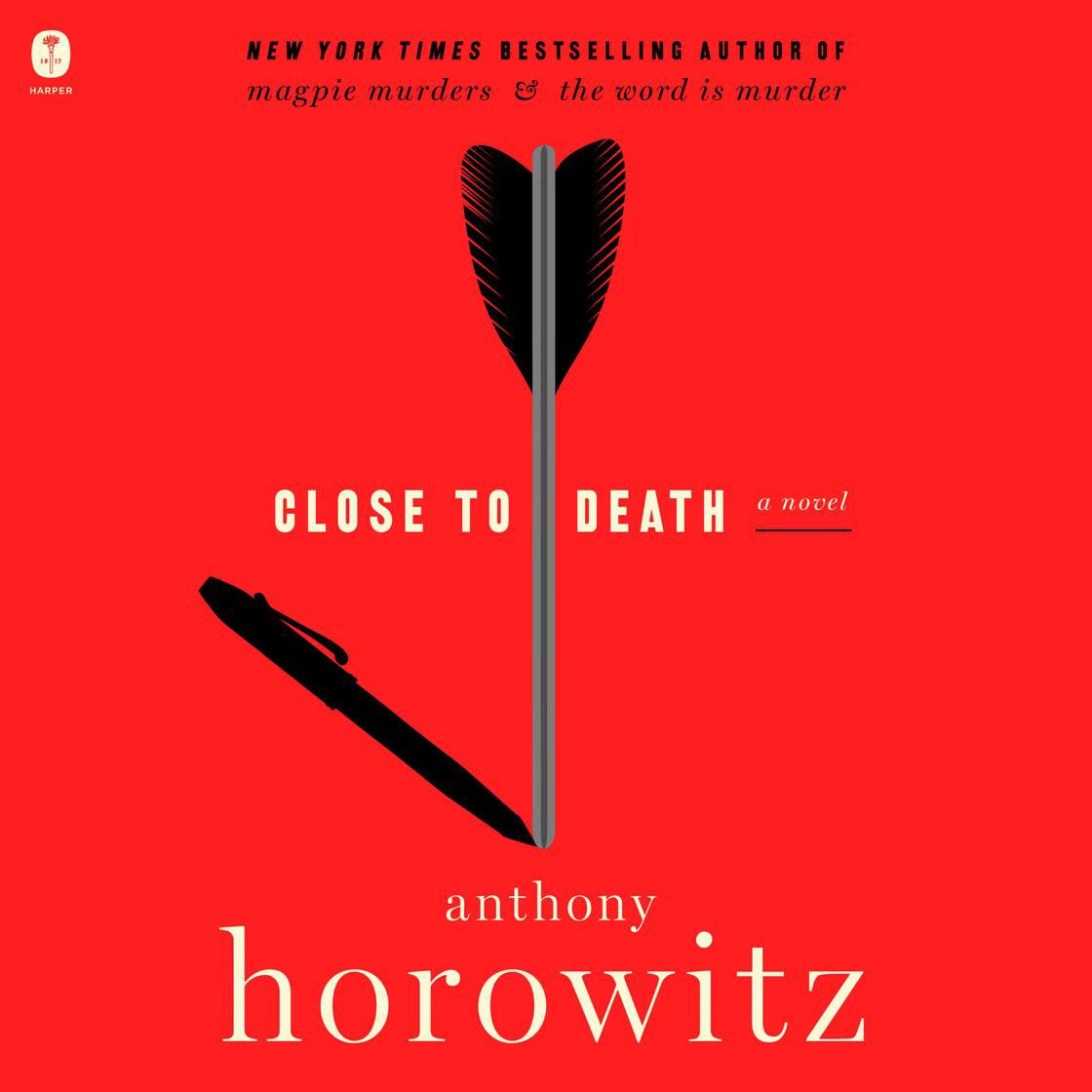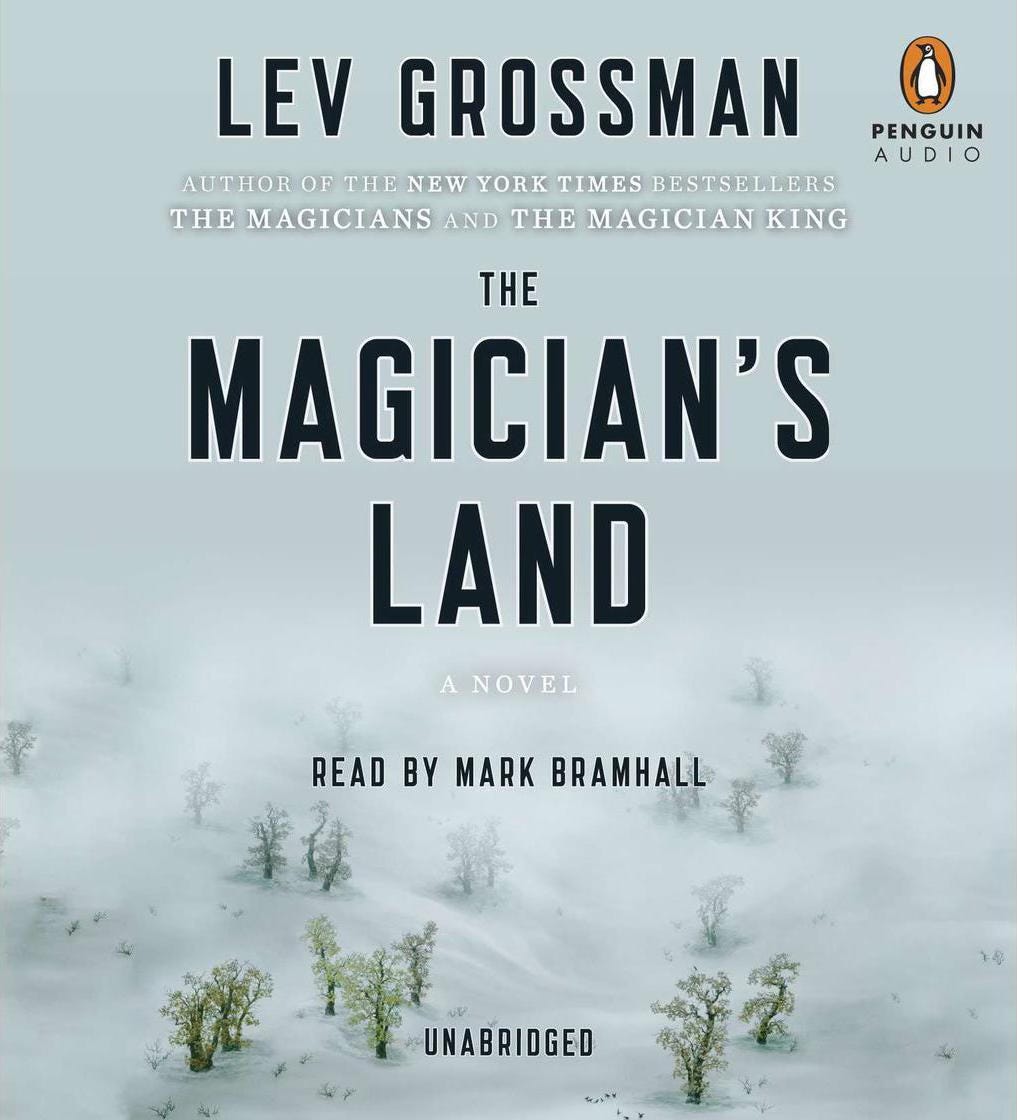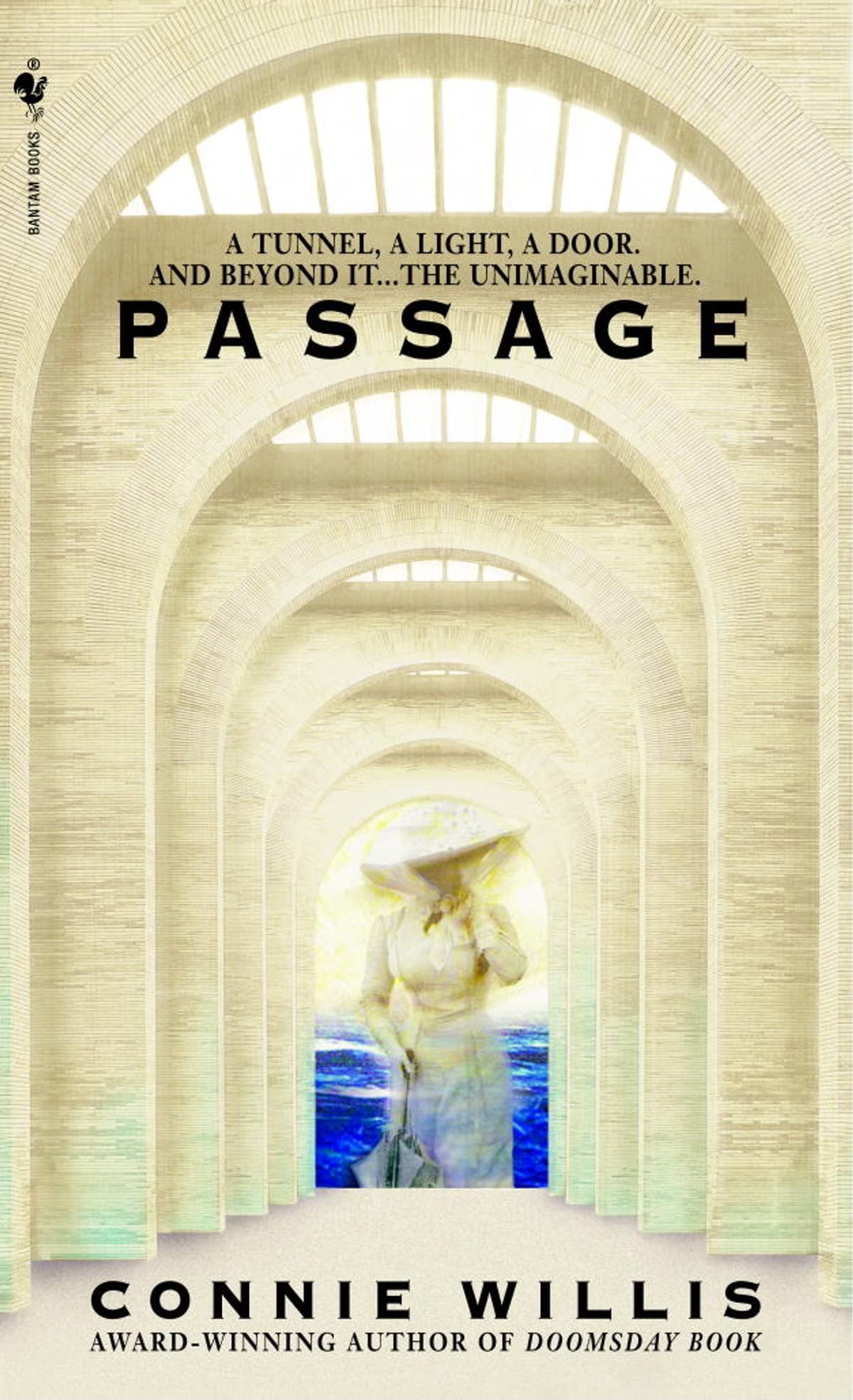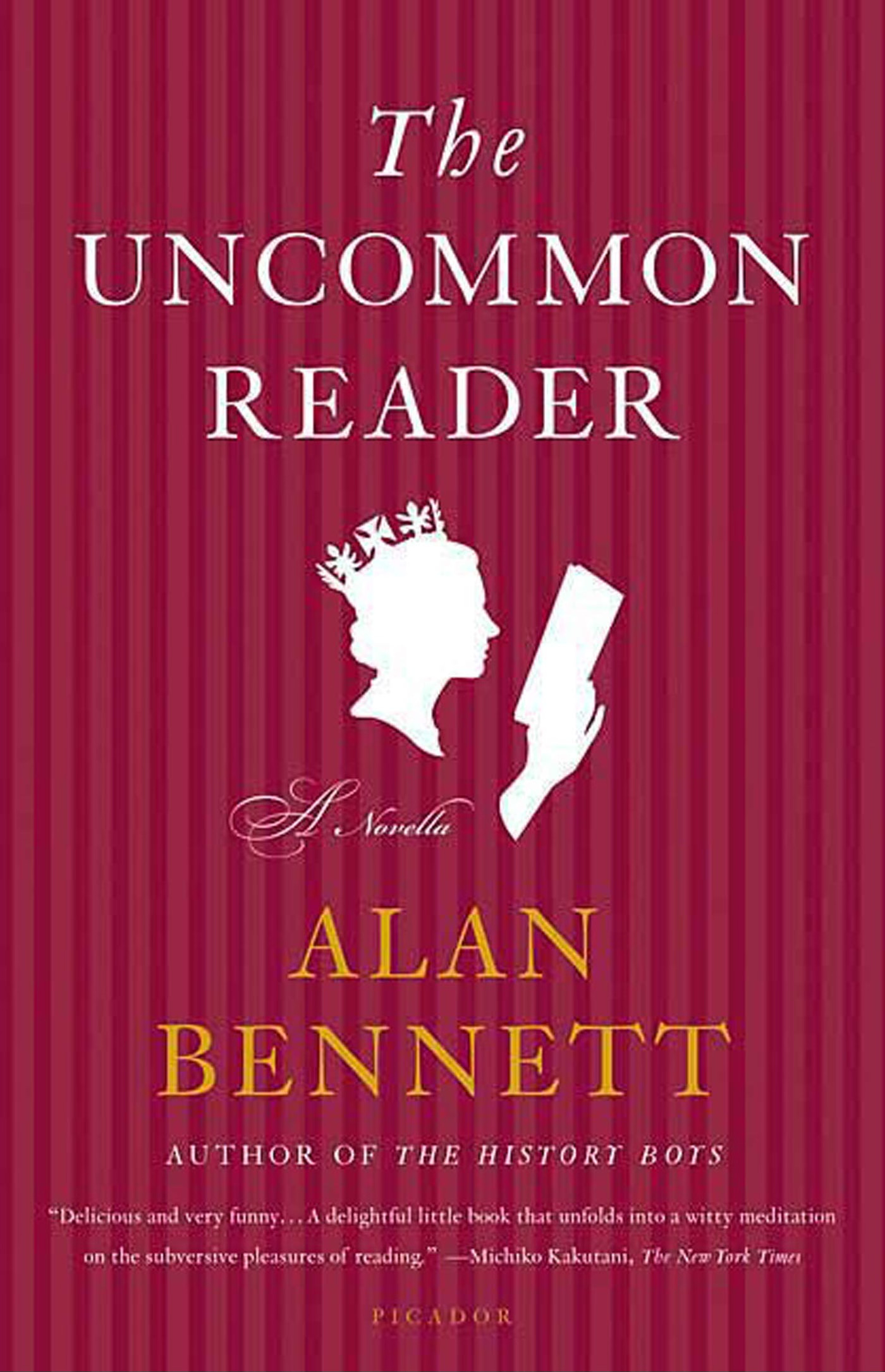Head into Summer with Reads of Yore
Some May books, 2019–2024
» “Summer was on the way.” —Harper Lee, To Kill a Mockingbird
Taking a look at where my reading was at a given time or day in recent years is something I’ve done a few times on Instagram. It’s an interesting way to revisit your previous reads, but anchoring them to a time, feeling, season, or place.
I don’t typically read what might traditionally be called “summer reads.” I mean, I do read some of them, but I don’t associate any books with summer or any other season.
(Just to underscore my point, I’m about to read the next Poirot book in my go at Christie’s famous series, in pub order, and it’s a Christmas one. And I’m unbothered. 😉)
Nevertheless, let’s take a quick peek at what I was reading about this time in years past from the pool that I liked and would recommend. Apparently, I like to finish or continue a series in the hazy days leading into summer. But I also seem to try new-to-me authors or revisit favorite ones. Am I, as always, without a theme in my reading?
May 2024
Close to Death (Hawthorne & Horowitz, #5) by Anthony Horowitz (★5)
The Series: Horowitz writes himself into this meta mystery series that pays tribute to the genre underpinnings from Arthur Conan Doyle. Horowitz is the Watson to the book’s other main character, Hawthorne, as the Holmes. The fifth book of the series, and author Horowitz has done such a brilliant job of keeping the stories and two leads fresh and far from false. The previous book, The Twist of a Knife, was the first that ventured a few steps from the setup we'd relied upon in the first three. Instead of Hawthorne pulling the author around as he works to solve a current case, Knife saw Horowitz under suspicion for a crime he didn't commit, reluctantly turning to Hawthorne for his expertise and assistance.
The Book: In Close to Death, Hawthorne and Horowitz are without a current case and turn to a previously worked case in order to get started on a new book. The narrative is then a back and forth between the book Horowitz is writing based on what he can garner from the case's files and his day-to-day life — dealing with Hawthorne, trying to find out more about Hawthorne, and doing some investigative work without Hawthorne in order to see the real-life, present day location of the murder of Charles Kentworthy.
Riverside Close epitomized tranquility, with its exclusive houses nestled away from the hustle and bustle of city life. However, the arrival of the Kentworthy family disrupted the peaceful community. When Charles Kentworthy was discovered dead, Detective Hawthorne was called in to unravel the mystery in a neighborhood where everyone became a suspect.
The Gist: This series is a favorite now — and I look forward to each new installment with its hidden joy, untethered dry wit, and boatloads of that accidental English charm.
May 2023
The Magician’s Land (The Magicians, #3) by Lev Grossman (★4)
The Series: In the first book of The Magicians trilogy, Grossman offered a fresh take on the genre by writing his characters as older teens and young adults and peppered the narrative with literary and pop culture references to ground the story in reality — an awareness to anchor the story in the space where fantasy meets our real world. A real world with knowledge of Harry Potter, Narnia, and The Lord of the Rings. In the second book, Grossman maintained the level-headed, deadpan humor, continuing to cut through most expectations for the fantasy genre, all while successfully introducing new characters — like the complex and multifaceted character of Julia — something he continues to do noticeably well in the third book, The Magician's Land.
The Book: As this is a continuing story, rather than a standalone as from Horowitz above, I’ll be short and mysterious (wink, wink).
Quentin Coldwater returns to Brakebills Preparatory College of Magic, where his story began. But his past comes looking for him. With the help of a brilliant undergraduate named Plum, he sets out on a crooked path through an obscure magical realm filled with desperate characters to uncover the key to a spell he now needs. However, casting the spell could result in huge and unwanted consequences, and Quentin must risk sacrificing everything to prevent this. The Magician's Land is a thrilling and fantastical epic that brings The Magicians trilogy to a magnificent climax.
The Gist: This has been a fantastic series, paying tribute to classic and children's high fantasy while still striking a balance between the known and the new — and making it ready to go for adults. I enjoyed every minute of my time with Quentin Coldwater and the whole crazy gang. Grossman did one of the hardest things that fantasy authors face — not only did he craft a well-developed and well-written trilogy, but each individual book felt necessary while still supporting the overall three-book story arc.
May 2022
This Time Tomorrow by Emma Straub (★4.5)
The Book: Alice, feeling unfulfilled at 40, inadvertently travels back in time to her 16th birthday. With newfound perspective, she attempts to improve her father’s life and her own future.
The Gist: Right up my alley and what I expected and hoped to get from The Midnight Library, but did not. Straub delivers her story with a torrent of understanding, kindness, courage, and self-awareness.
In its core essence, you know what this book will be about — as you do with Haig's Library — but the humor, depth, and weighty presence that Straub brings alive in her story had me hooked from the beginning. Alice is a careful time traveler — she's thoughtful and aware in ways that many bumbling, unwitting time travelers are not. It’s entirely compelling, with a rushed breathlessness delivered to the plot by Straub, very much like listening to a hurried story from someone’s eager face. At times, the style Straub affected leaned more toward a languid fever dream, while teetering on the edge of complete happiness. There's a brilliant and beckoning manic quality that I found powerful, knowable, and refreshing.
May 2021
Greenbanks by Dorothy Whipple (★4)
The Book: Greenbanks is a beautifully written book about a perfectly ordinary family — leading their ordinary lives. Using vivid descriptions and cinematic storytelling, Whipple immerses the reader in the lives of a middle-class British family in the early 20th century. The narrative follows the intertwined lives of Louisa, the matriarch, and her granddaughter Rachel, highlighting the changing roles of women across generations. Through subtle storytelling, Whipple explores themes of family, tradition, and the complexities of human relationships.
The Gist: The two main characters are bookended pieces of the family — Louisa and Rachel, a grandmother and granddaughter duo who are so inextricably linked to each other and to Greenbanks that it even goes without saying — Whipple's subtlety here builds this up perfectly. Whipple, who was caught somewhere between Rachel's generation and the one that would belong to Rachel's mother's, gets both female characters just right. At the heart of this novel, it's a woman's story. It's not a heavily-armed feminist battle, but one that represents something that feels honest and, somehow, timeless. Louisa, as the sweet but never saccharine matriarch, is a gentle anchor for the story as well as the family. Her adult children make up the second generation against which the bookended main characters are set against. It's a wonderful leaping of generations to display how things have changed and how they have not changed for women.
A taste:
“Houses, rooms, bodies—they were prisons.”
“Yes, thought Louisa, it's different for women. They don't do; they bear what others do; they watch them come and go, they are torn and healed and torn again . . . .”
“What is it to be like a woman? Take the women you know; me, mother, Kate Barlow, Rachel—all different. Which is like a woman? You've got some pattern of a woman in your mind, and if women don't fit it, it is they who are wrong, I suppose, not you.”
May 2020
Passage by Connie Willis (★5)
The Book: Passage follows Doctors Joanna Lander and Richard Wright, through the research of Near Death Experiences (NDEs) as they attempt to discover a scientific explanation for NDEs: a reason the body and mind react that way to almost dying. Thus perhaps providing a key into treatment for doctors attempting to revive their Code Blue patients in the future.
The Gist: With a fascinating plot, a compelling set of characters, and a just-on-the-tip-of-your-tongue kind of painful mystery to solve (and then solve again), Passage was gripping, cerebral, and the tenderest of melancholy. Willis, once again, lends such wit and farcical tongue-in-cheek jabs that make up the reality of mundane, everyday situations. In Passage it is directly related to the utter labyrinth hospitals can be. Impossible to navigate, with floors and elevators often not connected in a direct way to each other—in a way that makes any sense—and a cafeteria that never seems to be open, Willis takes this humor that is obviously connected to the main theme (and title) and weaves it organically into the plot, while still maintaining her typical level of humor.
May 2019
The Uncommon Reader by Alan Bennett (★4)
The Book: When her corgis wander into a mobile library near Buckingham Palace, Queen Elizabeth II feels compelled to borrow a book. She then discovers the joy of reading widely (from J. R. Ackerley, Jean Genet, and Ivy Compton-Burnett to the classics) and intelligently, and her perspective on the world shifts dramatically. With the help of Norman, a young man from the royal kitchens, the Queen begins to question the established order of things and loses patience with the routines of her royal duties, trying to sneak in some more reading when she can. Her newfound passion for reading initially concerns the palace staff but soon leads to unexpected and hilarious consequences for the entire country.
The Gist: A hilariously charming novella I really enjoyed. With arrows of humor topped with sharp points, Bennett makes subtle observations about reading, duty, and escapism. Completely recommend for a book to read in an afternoon.
Notable mentions from even further back—
May 2018: Obsidio (The Illuminae Files, #3) by Amie Kaufman and Jay Kristoff (★4)
May 2017: A Court of Wings and Ruin (A Court of Thorns and Roses, #3) by Sarah J. Maas (★4)
May 2016: The Winner’s Curse (The Winner’s Trilogy, #1) by Marie Rutkoski (★4)
What are your plans for summer reading? Do you lean into different genres that feel more like summer or that are easier to fit into this time of year?
—C.










Greenbanks and Passage both really appeal to me in completely different ways and The Uncommon Reader has been on my radar for years. Interestingly, I have not enjoyed the Emma Straub books I’ve read with the exception of This Time Tomorrow. I loved it. I read it not long after my mother died, and dang. All the feels. I’m not a typical “summer reader”. I do sometimes look for faster paced books but also longer and meatier ones since I have more time and mental energy. I’m a mood reader every season. 😉
Greenbanks sounds right up my alley. Thanks for putting it on my radar!